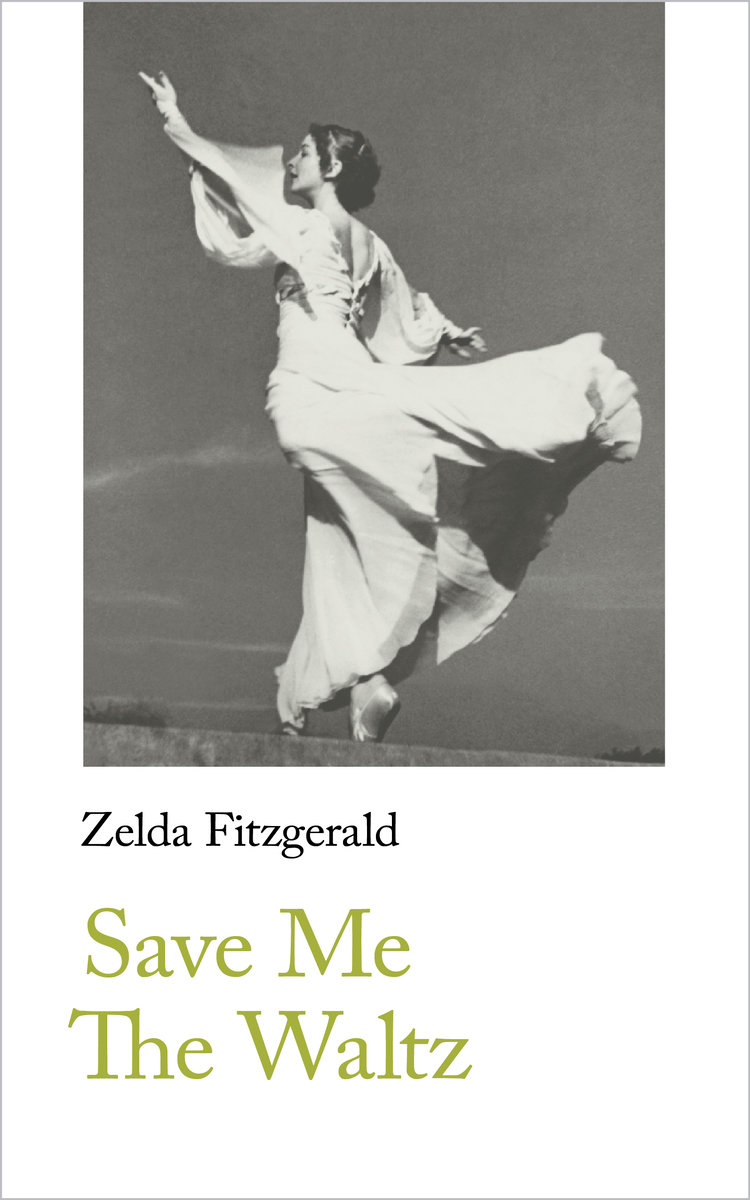Written in six weeks and drawing from the life she shared with F. Scott Fitzgerald, Save Me the Waltz is a classic novel of one woman´s experience in a fast-moving Jazz Age society.
Alabama Beggs is a Southern belle who makes her début into adulthood with wild parties, dancing and drinking, and flirting with the young officers posted to her hometown during World War I. When Lieutenant David Knight arrives to join her line of suitors, Alabama marries him-and their life in New York, Paris, and the South of France closely mirrors the Fitzgeralds´ own life and their prominent socializing in the 1920s and 1930s. In Paris, Alabama becomes fixated on becoming a prima ballerina and refuses to accept that she might not become the great dancer that she longs to be, threatening her mental health and her marriage.
Save Me the Waltz is a relic from The Lost Generation and the brilliant introduction from Erin Templeton shows how Alabama´s struggles mirrored Zelda´s own, particularly her need to have a life of her own rather than living in her husband´s shadow.


